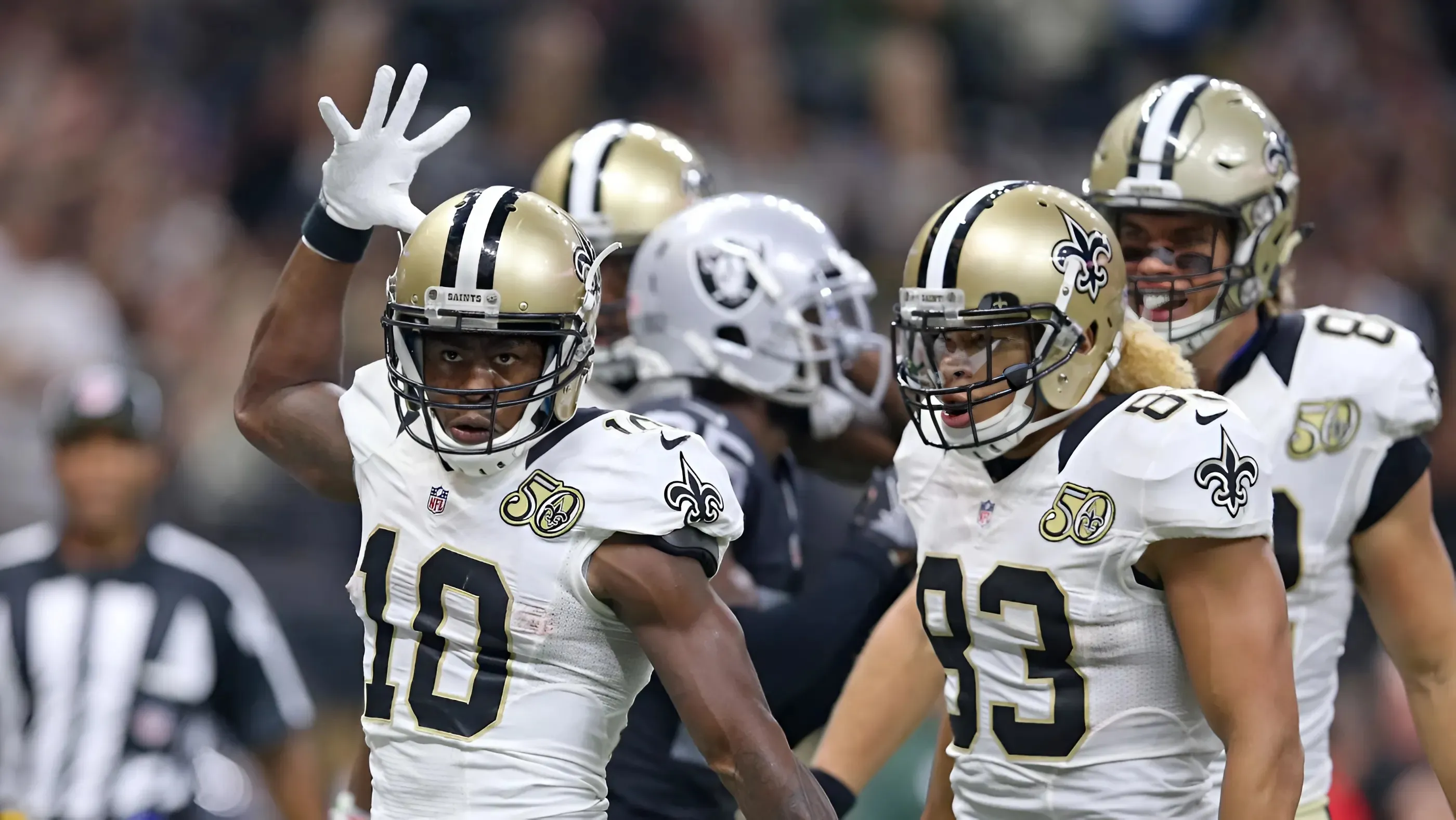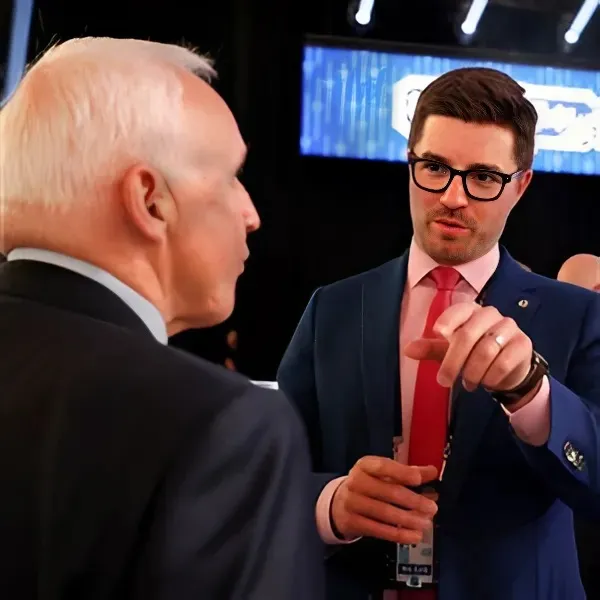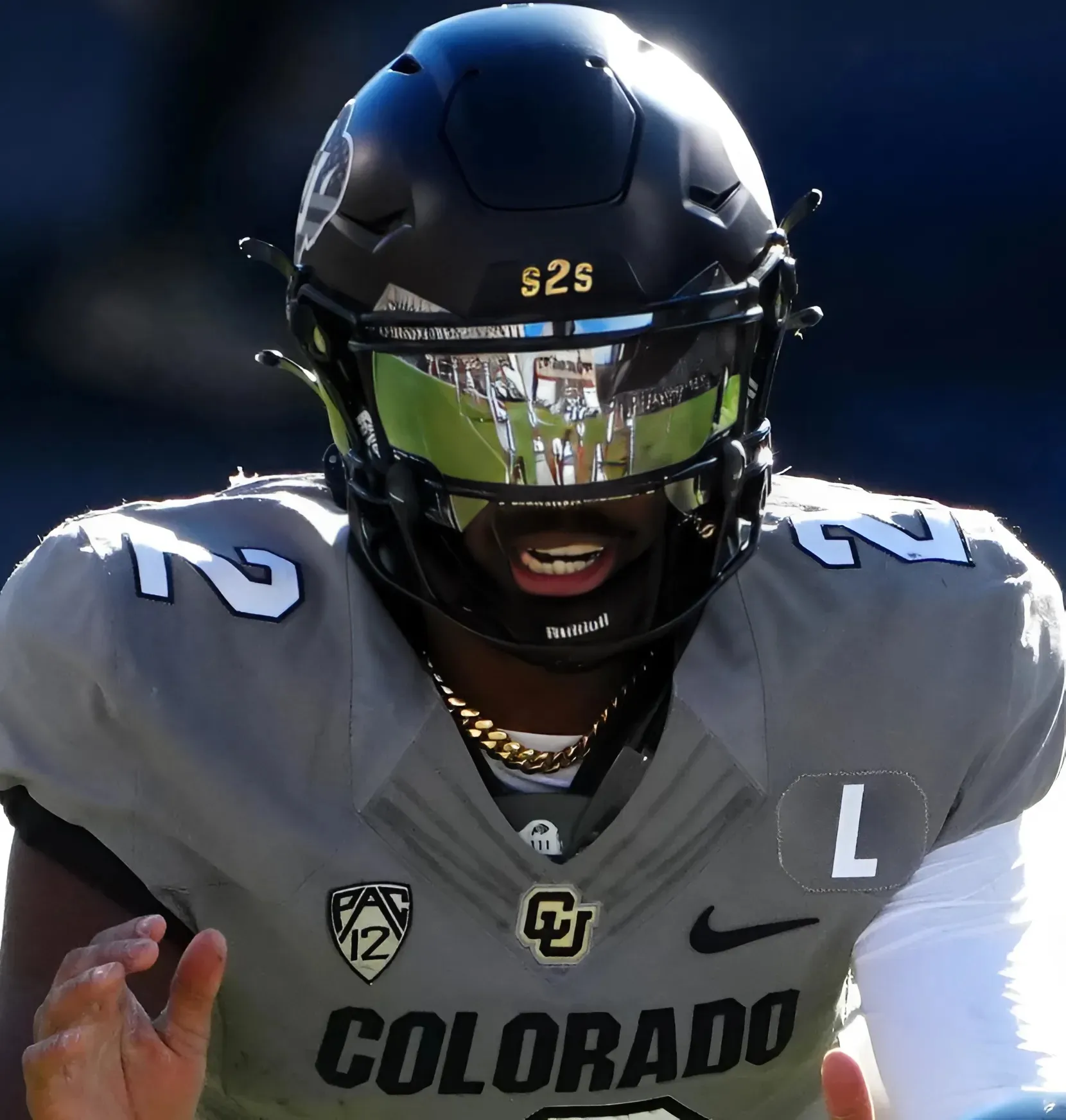
No team in NFL history had ever navigated through a single season with a mind-melting $85 million in dead salary-cap charges, let alone navigate to success.
No team before the Denver Broncos, anyway.
The Broncos made the controversial decision to release former starting quarterback Russell Wilson in March 2024, a move that triggered cap-crippling hits for the next two seasons — notably a $53 million blow that year which some believed would keep the franchise in eternal purgatory.
It couldn't have been further from reality. Denver replaced Wilson with rookie QB Bo Nix, who turned in a historic maiden campaign, helping lead the club to its first winning record since 2016 and first playoff appearance since 2015.
Such was always the expectation, according to Co-Owner/CEO Greg Penner.
“I think we’ve got the right people in place now with our ownership group, [Head Coach] Sean [Payton], [General Manager] George [Paton] and others, where we’re not going to make excuses," Penner told the media last week. "Our job is to put the best football team on the field each season, no matter what the constraints are. You’re going to have obstacles that come up, whether they are injuries, something happens with a player or financial restraints with the cap, but we’re not going to make excuses. We’re going to do everything we can to be competitive each year.”
Indeed, whereas they were financially frugal last offseason, the Broncos opened up the purse strings during the 2025 free-agent period, landing inside linebacker Dre Greenlaw, safety Talanoa Hufanga, and tight end Evan Engram. The cost? A combined $93.5 million in new money, including $50 million in guarantees.
“I was really pleased. I thought George and Sean put together a really good plan and executed it well," Penner said. "I think we got better on the field and, frankly, the makeup of the team improved with the guys that that we brought in. It’s interesting each year—our first year, we were really forced to be aggressive because we had big holes on the offensive and defensive lines. Last year in free agency, we had to be more measured because we didn’t have much cap space. This year, I’d say we were more opportunistic. We had some key needs at inside linebacker, safety and tight end. They identified some players that really would be a good fit for us and got those done. I was really pleased.”
The Broncos are coming out of Wilson's contract much healthier than when they went in. They're significantly better on paper and (conservatively) forecast to win 9.5 games next season, a four-win improvement over last year's projection.
Perhaps most importantly, there's a high level of comfort approaching tent-pole events like free agency and the NFL Draft knowing their franchise quarterback is already in place — and, for now, under team-friendly control.
“Certainly that’s a big part of it, but also, like what we did with [T] Garett Bolles, extending him last year, that then relieves a need that you might have gone into this draft with," Penner said. "Certainly signing an inside linebacker and a safety, that helps. But yes, having a quarterback that you can build around, knowing you have more certainty around your financial structure and how you’re going to deal with the cap is a big deal.”



-1741707956-q80.webp)